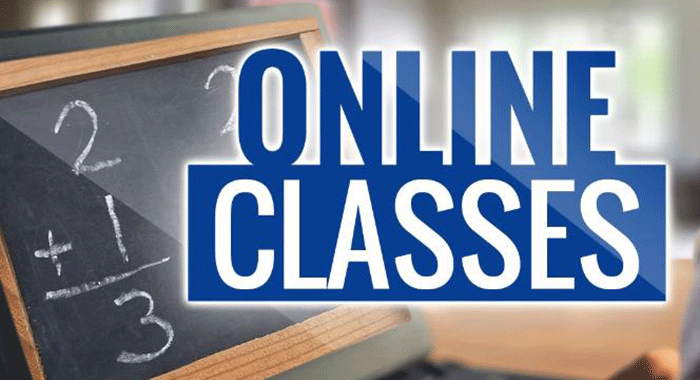By Renitta Peters-Morris (Ed.D candidate)
The emergence of a coronavirus relatively unknown to the Caribbean six months ago, has caused a major shift in normal operations of every aspect of our society. The family and the education sector have been largely impacted by the COVID-19 pandemic. One can argue that this pandemic has created an avenue or has even forced families to spend more time together, but how are the children who developed various routines going outdoors dealing with this pandemic? What is the mental state of these children whose routines were school, swimming, tennis, karate, athletics etc.? These children were suddenly pulled from everything and told they must remain indoors as much as possible.
How are they coping through all this?
Education during COVID-19
As an adult online learner, I know first-hand the many challenges of online learning. The move by the Government/Ministry of Education to turn to this platform for teaching must be commended. It cannot be easy to teach children online, especially elementary school children. These children have a much shorter attention span and even though the argument can be made that they are already exposed to information technology through the use of various gadgets, it is just not the same as having to sit and listen to your teacher for hours via a device in a structured way. The onus is on both the parents and teachers to develop a system of online teaching and learning that will see no child left behind in this new normal. Children must be encouraged to share their opinions of online learning and express their fears and appreciation of how it is impacting them.
Further, while there is much uncertainty of the reopening of schools, again, the children must not be left out of the sensitization process of this pandemic caused by COVID-19. Parents are encouraged to have discussions about the coronavirus with their children. Explain to them the importance of proper hygiene and physical distancing in fighting this virus; they must also be enlightened of the reality that when they return to the classrooms, life will not be the same. I encourage the Ministry of Education to develop and distribute children-friendly videos about this coronavirus pandemic and what children can expect at school ahead of the reopening of schools.
Also, there is the burning issue of the teacher who must now move to the online platform to conduct classes. What systems are in place to foster this transition process for teachers? Certainly, not all teachers are technology savvy to make an effortless switch to online teaching. There must be proper mechanisms in place to guide this process if success is to be derived and achieved by online teaching and learning. There seems also to be an assumption that all teachers and students are exposed to internet access at home or have ownership of a device to facilitate online learning. The checks and balances must be done by all stakeholders to ensure that this new approach to online learning is effective.
One must not underestimate the havoc that can be caused by this COVID-19, but we mustnot be complacent in dealing with the education of one of the most vulnerable groups in our society. I am particularly concerned about the children in Grades K-6 in this pandemic because they are the ones that are most susceptible to learning infringements and distractions. As we continue to create ways and avenues to cope, let us continue to share learning strategies with each other. To the many educators of our country, this cannot be easy for you, but now is the time for collaboration and solidarity.
I strongly believe that all is not lost for the school year and with a collective effort; we can salvage what is left of the school term. This new thrust into online learning doesn’t have to be traumatic if we all work together to do our parts. Rapid adjustments must be made but together we are always stronger and can produce more.
I will finish with this quote: “A great teacher can teach calculus with a paper clip and
literature in an empty field. Technology is just another tool, not a destination.” — AuthorUnknown
Remember to follow the guidelines by the Ministry of Health, Wellness and the
Environment during this pandemic, for a safer St. Vincent and the Grenadines.
The opinions presented in this content belong to the author and may not necessarily reflect the perspectives or editorial stance of iWitness News. Opinion pieces can be submitted to [email protected].







Real development in SVG has stopped ever since independence. Of course, some people have worked their way through the education system tooth and nails to get a degree and a job in SVG. Today this ability seems to be mostly normalized among chosen groups. However, what has changed today is that children nowadays need a whole new skills set to deal with the realities of the world around them. If SVG want to an education revolution the government have to put money into modernizing primary education. support for primary school teachers, educators and the learning environment. Every single child in SVG must complete primary education, guaranteed. That should be law. But, as with everything you need proper planning and due diligence before you run off developing and implementing your plans. I wish you all the best and if I can help or make a useful contribution I’m open to your suggestions.